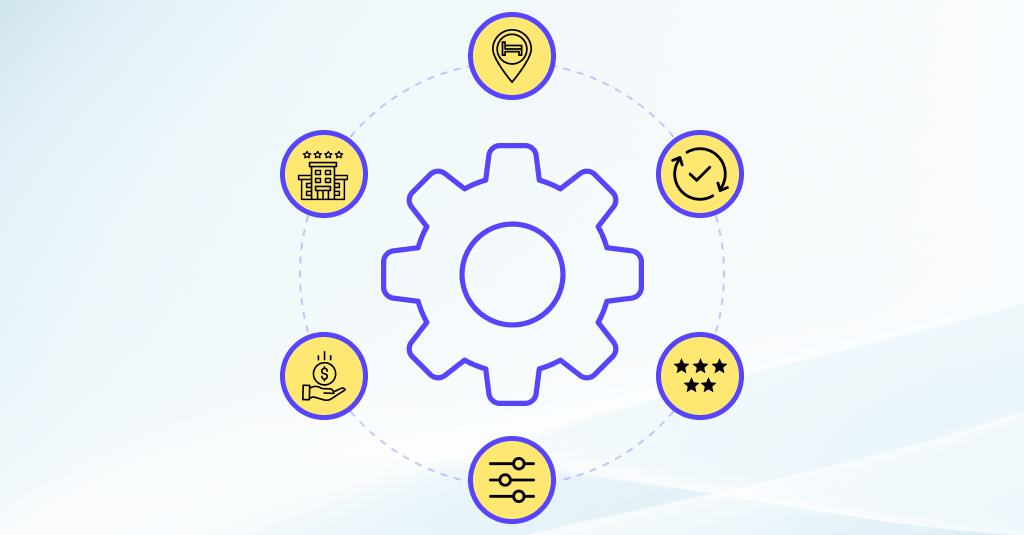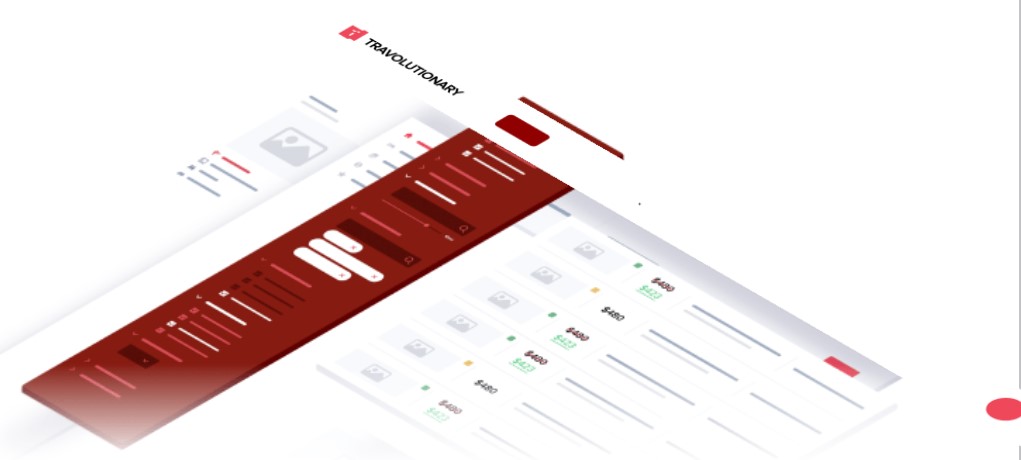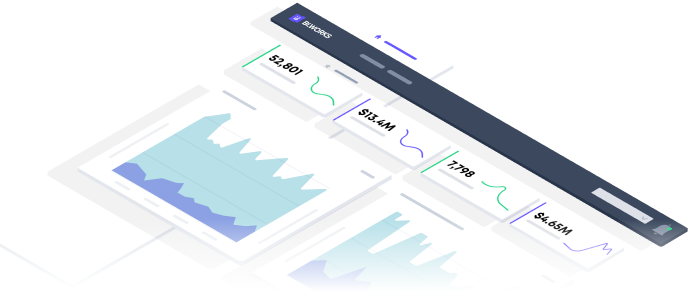What is a Business Intelligence Tool?
A Business Intelligence Tool is a software application or platform that enables organizations to gather, analyze, visualize, and interpret business data. The primary goal of these tools is to transform raw data into meaningful insights, allowing businesses to make informed decisions, identify trends, and monitor key performance indicators (KPIs). These tools often include features for data integration, querying, reporting, and visualization.

Business Intelligence Tool Key Features and Functionalities
Data Integration: A business intelligence tool can connect to various data sources, including databases, spreadsheets, cloud storage, and other applications, to consolidate data for analysis.
Data Querying and Analysis: With a business intelligence tool, users can create queries, perform ad-hoc analysis, and generate reports to explore and understand their data. This may involve filtering, sorting, and aggregating data to extract relevant information.
Data Visualization: Business Intelligence tools use charts, graphs, dashboards, and other visualizations to represent complex data sets in a comprehensible and visually appealing manner. Visualizations aid in identifying patterns, trends, and outliers.
Reporting: Business Intelligence tools generate standard and customizable reports, allowing users to share insights with stakeholders, management, or other teams within the organization.
Dashboard Creation: Users can build interactive dashboards that provide a consolidated view of key metrics and performance indicators. Dashboards often enable real-time monitoring of business activities.
Predictive Analytics: Some advanced Business Intelligence tools include predictive modeling and analytics capabilities, allowing organizations to forecast future trends and make proactive decisions.
Self-Service Business Intelligence: A business Intelligence tool often incorporate self-service features, empowering non-technical users to create reports and conduct analyses without relying on IT departments.
Data Governance and Security: Business Intelligence tools include features to ensure data accuracy, consistency, and security. This includes access controls, encryption, and auditing capabilities.
Mobile Access: Many modern Business Intelligence tools offer mobile applications or responsive interfaces, allowing users to access insights and reports on smartphones or tablets.
Integration with Other Systems: Business Intelligence tools can integrate with other enterprise systems, such as Customer Relationship Management (CRM), Enterprise Resource Planning (ERP), and data warehouses, to provide a comprehensive view of business operations.
Conclusion
Business Intelligence tools are indispensable in the modern business landscape, where data-driven decision-making is key to staying competitive. By integrating, analyzing, and visualizing vast amounts of data, these tools empower organizations to uncover actionable insights, optimize performance, and drive strategic initiatives. As businesses continue to embrace digital transformation, the role of these tools will only grow in importance, enabling companies to navigate complex markets, anticipate trends, and respond with agility.







